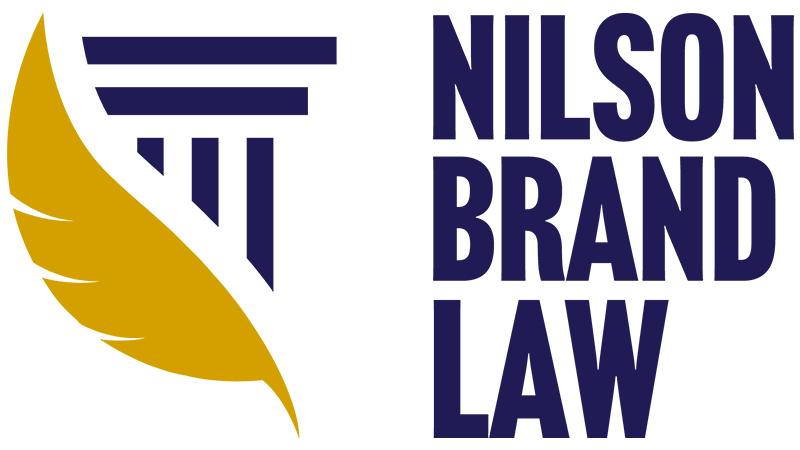A growing issue that many people are facing is the amount of misinformation that spreads online. Myths can lead people to make uninformed decisions they later regret. One thing that people should not regret is how they make their estate plans.
An estate plan allows people to instruct how their assets are handled after they pass away. One mistake when creating an estate plan could create many issues for heirs. Before you plan your estate, you may want to read the following myths:
Myth 1: Estate planning is only necessary if you’re wealthy.
One of the most common myths is that estate plans aren’t needed if a testator doesn’t own a large sum of money. But, estate planning can help in many more ways than establishing what your heirs should receive. For example, a testator could name a power of attorney who would act on their behalf if they’re incapacitated. The power of attorney could be responsible for managing the testator’s health and financial decisions in the hopes that they recover.
Myth 2: You don’t need to make a will.
Many people die without a will, which is called dying “intestate.” Without an estate plan, the state will take over the distribution process of a testator’s assets and could distribute assets in ways that you don’t want. Every adult should have a basic will in place.
Myth 3: Estate planning is a “one-and-done” process.
Estate plans can be updated frequently. Many people update their estate plans every few years to include new assets. But, people also update their estate plans for other reasons, such as to include a spouse as an heir after marriage.
When making an estate plan, it can help to be informed of your legal options. The wrong decisions could make it harder for heirs to understand your intent.

